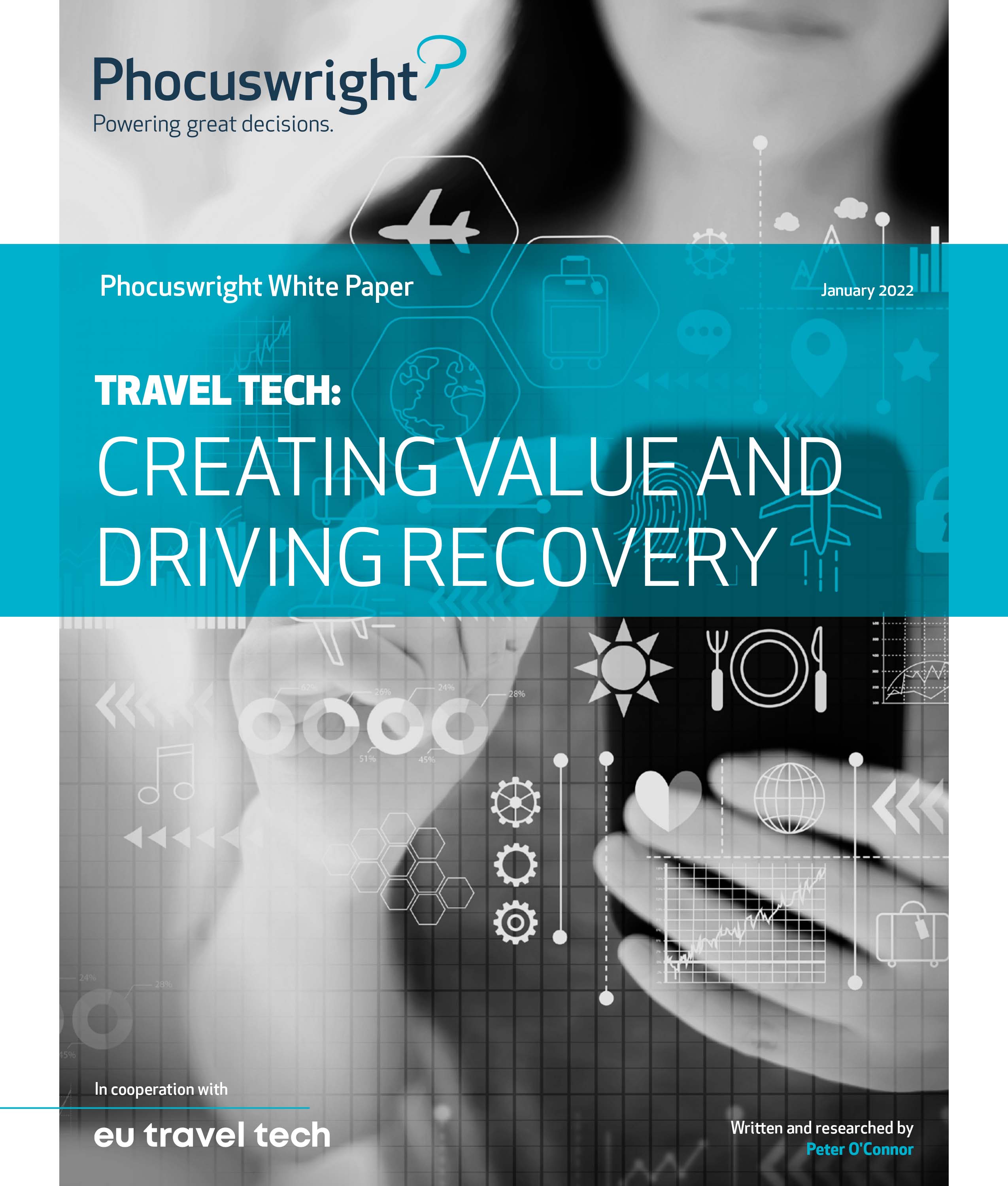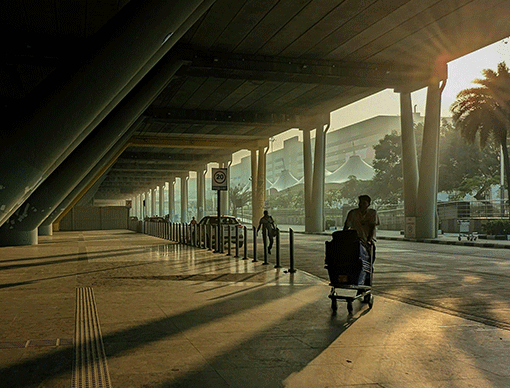Research Insights
Travel Tech: Creating Value and Driving Recovery
Travel Tech: Creating Value and Driving Recovery
- Published:
- January 2022
 Gross revenue for the European travel sector
totalled €299 billion in 2019. Considering the multiplier effect, the World Travel & Tourism Council estimates that this translated into a total GDP contribution of over €1.7 trillion, making travel the fifth largest industrial sector after construction,
health, retail and financial services. Due to restrictions related to the COVID-19 pandemic, revenue fell by 64% to just €108 billion in 2020. Return to 2019 revenue levels and growth is expected by 2025, as the recovery of the sector will be steady but
slow. Given their key role in connecting buyers with sellers, travel intermediaries will play a significant role in this process.
Gross revenue for the European travel sector
totalled €299 billion in 2019. Considering the multiplier effect, the World Travel & Tourism Council estimates that this translated into a total GDP contribution of over €1.7 trillion, making travel the fifth largest industrial sector after construction,
health, retail and financial services. Due to restrictions related to the COVID-19 pandemic, revenue fell by 64% to just €108 billion in 2020. Return to 2019 revenue levels and growth is expected by 2025, as the recovery of the sector will be steady but
slow. Given their key role in connecting buyers with sellers, travel intermediaries will play a significant role in this process.With risk heightened because of COVID-19, travellers are seeking out increased and more in-depth information than ever before to identify the product/service most appropriate for their travel needs. By consolidating and organising detailed, relevant and topical information on features, availability and rates from multiple suppliers, travel intermediaries are key players in the European travel and tourism market. They help consumers navigate the myriad options available, as well as facilitate the booking process, thus acting as a key resource in matching supply with demand. This is particularly important for the large number of small and medium-sized enterprises (SMEs) that characterise the European travel sector; they often make a conscious choice to partner with travel intermediaries to gain much needed visibility in a crowded marketplace. Travel intermediaries offer a cost-effective option for SMEs to distribute and market their services at a global level.
The distribution ecosystem comprises both travel intermediaries and technologies which enable and support them. Global distribution systems (GDSs) are an important source of content for intermediaries, while metasearch engines provide an easy way for customers to compare available options. Three different types of travel intermediaries – online travel agencies (OTAs), traditional tour operators and travel management companies (TMCs) – are prominent within the European travel sector. These intermediaries complement direct sales by positioning suppliers in front of potential customers, offering travellers a choice as to how they want to complete the subsequent transaction. Collectively, OTAs, tour operators and TMCs generated €189 billion in gross revenue in Europe in 2019, representing over 63% of total travel revenue. Although their combined contribution fell significantly in 2020 to just €64 billion, travel intermediaries are expected to play a critical role as recovery takes hold, with indirect gross revenue returning to 2019 levels by 2024.
The full report is available to download after completing the form below.











